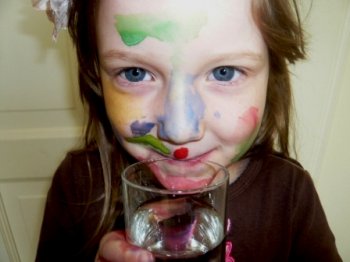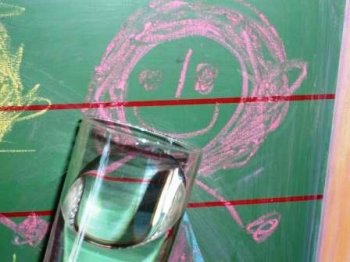Grasshopper - Clean Water
Water is life.
Clean Water is a human right
The supply of clean water is one of the key challenges of the 21st century. Global shortages of clean water and rising per capita consumption are political and economical challenges the water sector is facing.
According to the "World Water Development Report" of the WHO, more than a billion people have currently have to rely on contaminated water and almost half the world's population lives without sanitation. In fact, more than one billion people obtain their drinking water from polluted wells, springs, ponds, or rivers. According to the Children's Fund of the United Nations and the World Health each year about 1.8 million people die from diarrheal diseases, most of them children under five.
Insufficient Progress
Although there is increasing proportion of people worldwide who have access to clean drinking water the progress between among different world regions and countries is unevenly distributed. Thus, access to drinking water and sanitation in rural areas is significantly worse than in the cities and access in certain emerging countries much worse than in others.

Clean water is a human right
To achieve the "Millennium Goals" of the United Nations for 2015 one billion slum dwellers need to be supplied with water and sanitation in the coming years. In 2010 the United Nations has included the right to clean water in the Universal Declaration of Human Rights: since then clean and safe drinking water is human right.
In the General Assembly of 192 Member States, of which 163 were present, it was adopted by a majority of 122 votes. Bolivia presented the proposal, which was supported by 33 other states. 41 States abstained. According to the UN it were predominantly emerging countries, which voted for the draft, while developed countries mostly abstained.

Every three and a half seconds, a child dies
Bolivia's Ambassador to the UN, Pablo Solón, stressed that millions of people have to live without clean water. "Diarrhea is the second leading cause of death among children. More people die of dirty water than of AIDS, malaria and measles together." In his speech before the General Assembly he then paused: "All three and a half seconds, a child dies simply because it has no clean water."
The Declaration of Human rights, including The Right to Clean Water is not mandatory and enforceable, but nevertheless has a highly symbolic value, thus influences the policy of countries and the United Nations.
